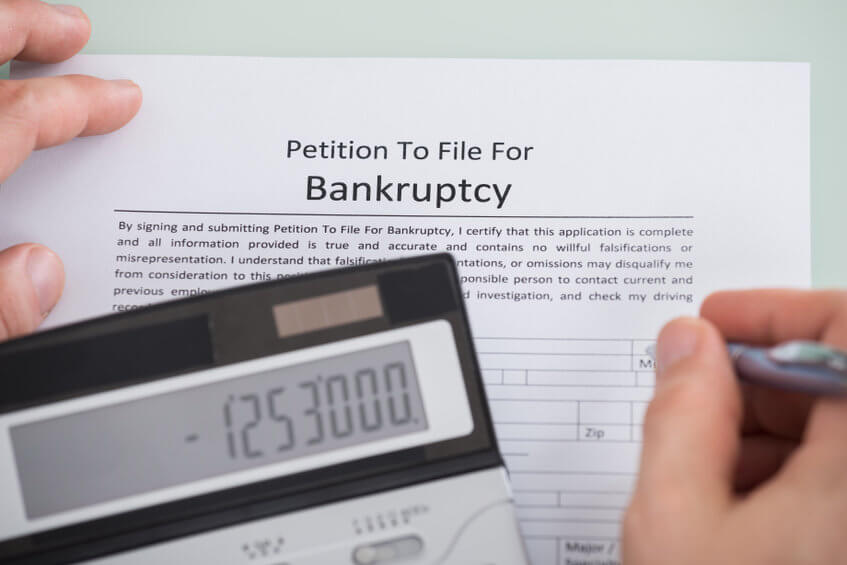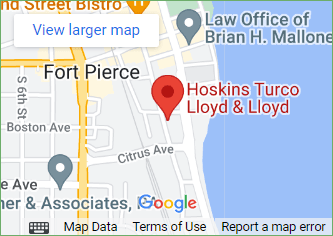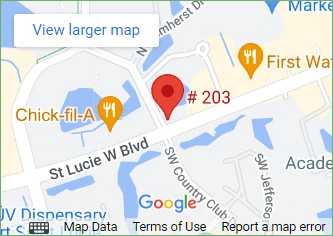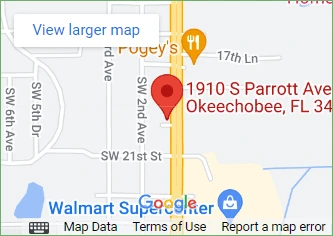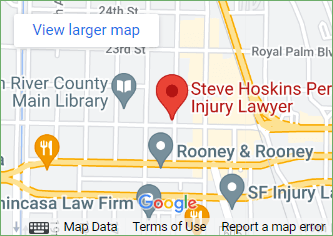Auto Accident Settlement
How long do bankruptcy cases typically last?
If you’re thinking about declaring bankruptcy to take control of your finances, you may be wondering how long your case may take to resolve. It might be surprising to hear that filing for bankruptcy is a relatively fast process, compared to most legal proceedings.
Though Chapter 7 bankruptcy cases can’t be resolved overnight, they are usually resolved quickly. On average, you can expect that a Chapter 7 bankruptcy case will last between four and five months. Chapter 13 bankruptcies can take as long as the payment plan continues, which is typically in the range of 3 – 5 years.
Of course, many factors can affect how long your case will last, including where you live, where you file, and what processes you decide to pursue throughout your specific case. Speak to a Florida bankruptcy lawyer to learn more about the process, what you can expect, and how to prepare for your own bankruptcy filing.
What Are the Steps in Filing a Chapter 7 Bankruptcy Case?
Your bankruptcy case will officially begin when you formally file for bankruptcy and will end when the bankruptcy court closes your case.
Filing Your Case
As soon as you submit your bankruptcy petition with the federal bankruptcy court, your case has begun. Once you’ve filed the petition, the court will assign your case a number, and the automatic stay will begin. The automatic stay is put into place to inform and prevent any creditors you may owe from trying to pursue any debt collection practices for the duration of your case.
The Meeting of Creditors
Once your case is filed and assigned a number, you will have a 341 meeting. A 341 meeting can also be called the meeting of the creditors. Generally speaking, you can expect your meeting of creditors to take place between four and six weeks after you’ve filed. Of course, the timeline can differ depending on where your case is located.
Liquidation by the Bankruptcy Trustee
If you have any non-exempt assets, the bankruptcy trustee assigned to your case will liquidate these and use the proceeds to pay creditors on a pro-rata basis. Since many chapter 7 filings involve “no asset” cases, this step may be skipped in the average case.
The Bankruptcy Discharge
Generally, about two months after the meeting of creditors, or your 341 meeting, and the completion of any liquidations, your unsecured debt will be ordered by the court to be discharged. This discharge formally declares that you are no longer legally responsible for certain debts that you had when you filed for bankruptcy.
Closing the Case
Most of the time, the most important step of filing for bankruptcy is the discharging of unsecured debt. Even though it might feel like your case is completed once the discharge is complete, it is important to note that closing the case is an entirely different step within your bankruptcy case. Often, it may be the situation that courts will close out the case when the debt has been formally discharged. However, as mentioned above, closing the case is a separate process and can be delayed for a number of reasons.
Chapter 13 Bankruptcy Differences
The primary difference in the Chapter 13 bankruptcy filing process is that during the meeting of the creditors is complete, the trustee and the petitioner will propose a repayment plan to be followed for the next few years (typically 3 – 5). The repayment plan may not completely repay all unsecured debts. Any remaining debts may be eligible for discharge at the completion of the payment plan.
Why Might the Closing of My Case Be Delayed?
Even though the process described above seems straightforward, and typically is, there are a variety of factors that could delay your case at any step.
Usually, if there is an issue with your case, you can generally expect that issue to delay your case by several months. However, if there is a particularly complicated situation, sometimes cases can be open for several years.
The most common reasons for case delays are:
- If you’ve failed to complete your certificate certifying the completion of your financial management course within the allowed timeframe
- If your trustee is investigating or selling an asset belonging to you
- If there are objections from your creditor or trustee to certain aspects of your case
Financial Course Completion Delay
Once you’ve completed your meeting of creditors or your 314 meeting, you’ll have 60 days to complete a financial management course. The course is in addition to the credit counseling course you are required to complete when you initially file for bankruptcy. If you fail to complete the course and submit the required paperwork within the timeframe allowed, your discharge can be delayed and your case will not be closed.
If you do not complete the course in the amount of time put forth by the court, in the worst-case scenario, your case could be closed without being granted a discharge. This means that you will still be legally liable for all your debts. Though you likely will be able to file a request to reopen your case, having to do so can be a complicated process that could cost you a lot of time and money.
The Trustee is Selling an Asset
If your trustee has found an asset that can be sold in your Chapter 7 bankruptcy case, there is a process that must happen that will almost guarantee your case will be delayed. Once the trustee has identified a sellable asset, they must value the asset, acquire it from you, and then sell it.
If your trustee is trying to sell an asset, such as your paid-off home, it is likely that this process will lengthen your case. Not only does the trustee need to have the sale authorized from the court, once it is complete they must also pay out the creditors. Selling a house is rarely a quick process, and this can potentially add months or even years to your case if it is difficult for the trustee to sell the asset.
In most cases, the courts will discharge your debts before your case is officially closed. Though having to wait an extended amount of time for your case to be closed can be a bother, rest assured that the end result will be worth it when you receive the discharge of your debts.
Objections from a Creditor or Trustee
There are several reasons why a creditor or trustee would object to aspects of your case.
Creditor Objection
A creditor might object to some of your debts being discharged. Though not always, those objections are usually linked to allegations of fraudulent activity or other legal misdeeds. The creditors may also have other objections as to why the debt you are attempting to discharge is not dischargeable.
Trustee Objection
There are many different objections that your trustee or the United States Trustee Program could have. They may be due to transactions and transfers made prior to your bankruptcy filing to other concerns about actions that may have been committed in bad faith.
No matter what the objection, if one is raised, it is likely to delay both your discharge and the closing of your case.
Contact an Experienced Bankruptcy Attorney at Hoskins, Turco, Lloyd & Lloyd
If you are considering filing for bankruptcy, contact an experienced bankruptcy attorney from Hoskins, Turco, Lloyd & Lloyd. With decades of experience representing clients in bankruptcy cases on the Treasure Coast, Hoskins, Turco, Lloyd & Lloyd will be by your side every step of the way, from when you first decide to file your case to when it is officially closed.
Filing for bankruptcy can be a stressful time, but hiring an experienced bankruptcy lawyer can take some of the stress away. Contact us anytime to schedule your free, no-obligation consultation. Call us at 866-460-1990 or contact us online. During your free consultation, one of our attorneys will listen to the details of your case and provide you with personalized feedback about how to best move forward. Call us today to help start getting your financial life back on track!
Verdicts and Settlements
$1.2 Million
$1.6 Million
Wrongful Death Settlement
$11.1 Million
Settlement for motorcycle accident
Locations
Ft. Pierce, FL 34950
Suite 203, Port St. Lucie, FL 34986
Okeechobee, FL 34974
Vero Beach, FL 32960
The hiring of a lawyer is an important decision that should not be based solely upon advertisements. Before you decide, ask us to send you free written information about our qualifications and experience.
We are a debt relief agency and attorneys. We help people file for Bankruptcy relief under the Bankruptcy Code. The hiring of a lawyer is an important decision that should not be based solely upon advertisements. Before you decide, ask us to send you free information about our qualifications and experience.
Hoskins, Turco, Lloyd & Lloyd © 2020 All Rights Reserved. Terms of Use and Privacy Policy
This site is protected by reCAPTCHA and the Google Privacy Policy and Terms of Service apply.
